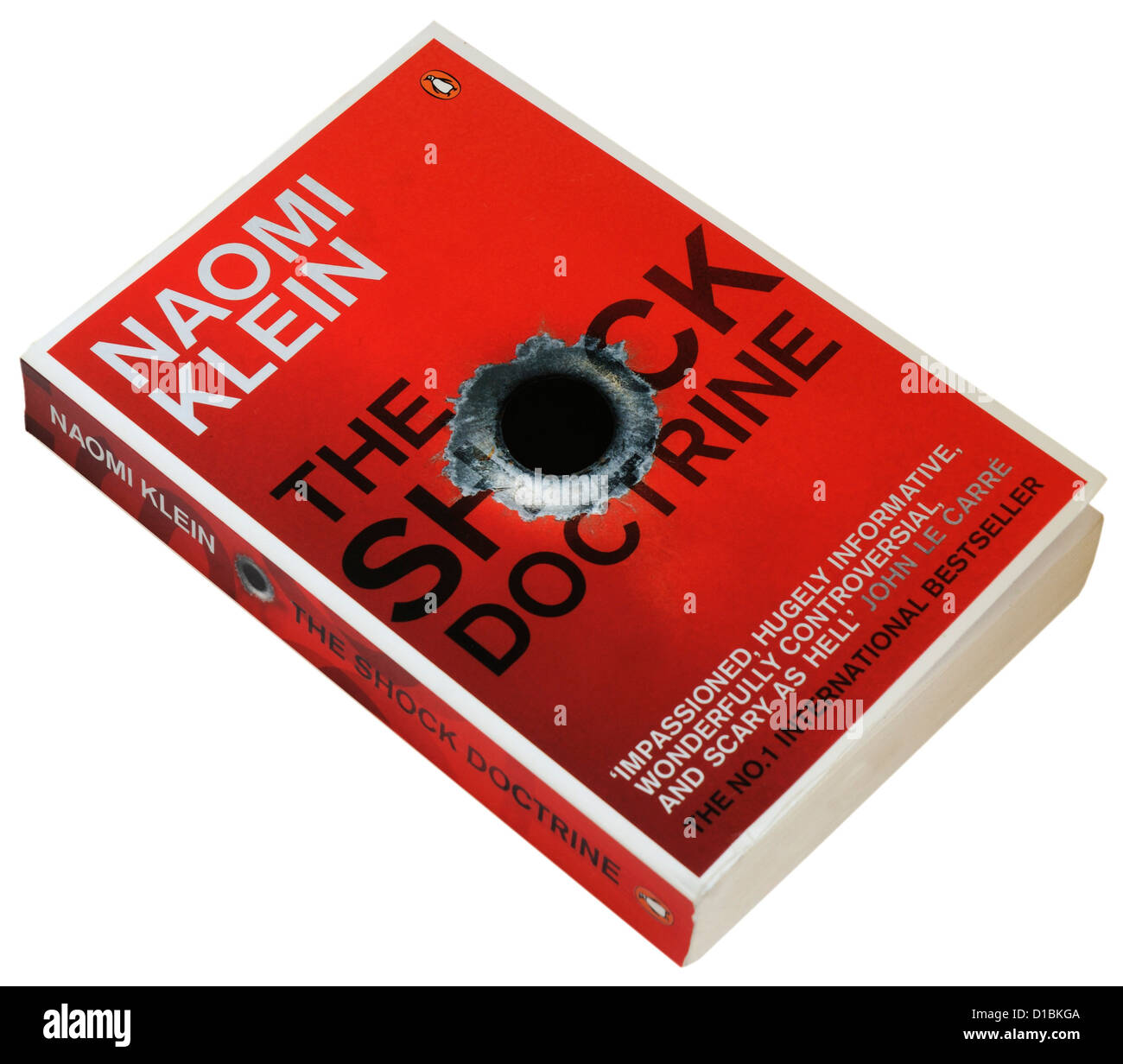
This view states that governments are, by definition, wasteful and unnecessary. This is the view that any restraint placed on the free operation of the market – from fixing minimum wages to environmental standards to health and safety controls in the workplace – are by definition wrong and counterproductive.

If you are concerned that the world seems to believe democracy = free markets – it is time to read this book.įor two decades it has been abundantly clear that the greatest danger facing the world is the ideology that likes to call itself Economic Rationalism but is better described as Radical Free Market Economics. If you had forgotten just how evil unconstrained capitalism is – it is time to read this book. Klein compares some psychological experiments (torture by any reasonable definition of the word) carried out in the 1950s in Canada (funded by the CIA off US soil so they could plausibly deny they were researching torture) in which patients were blasted back to virtually a blank slate by sensory depravation and electric shock treatment to US foreign policy in countries such as Chile in the 1970s and Iraq today. But I can’t bring myself to say anything remotely funny about this book. I’ve a preference for humour as a means of confronting the deeply disturbing. There is a part of me that would like to make this review a bit funny. By capitalizing on crises, created by nature or war, Klein argues that the disaster capitalism complex now exists as a booming new economy, and is the violent culmination of a radical economic project that has been incubating for fifty years. At the core of disaster capitalism is the use of cataclysmic events to advance radical privatization combined with the privatization of the disaster response itself. In contrast to the popular myth of this movement's peaceful global victory, Klein shows how it has exploited moments of shock and extreme violence in order to implement its economic policies in so many parts of the world from Latin America and Eastern Europe to South Africa, Russia, and Iraq.

The Shock Doctrine retells the story of the most dominant ideology of our time, Milton Friedman's free market economic revolution. People still reeling from catastrophe were being hit again, this time with economic "shock treatment" losing their land and homes to rapid-fire corporate makeovers. She called it "disaster capitalism." Covering Sri Lanka in the wake of the tsunami, and New Orleans post-Katrina, she witnessed something remarkably similar.

In her ground-breaking reporting from Iraq, Naomi Klein exposed how the trauma of invasion was being exploited to remake the country in the interest of foreign corporations.


 0 kommentar(er)
0 kommentar(er)
